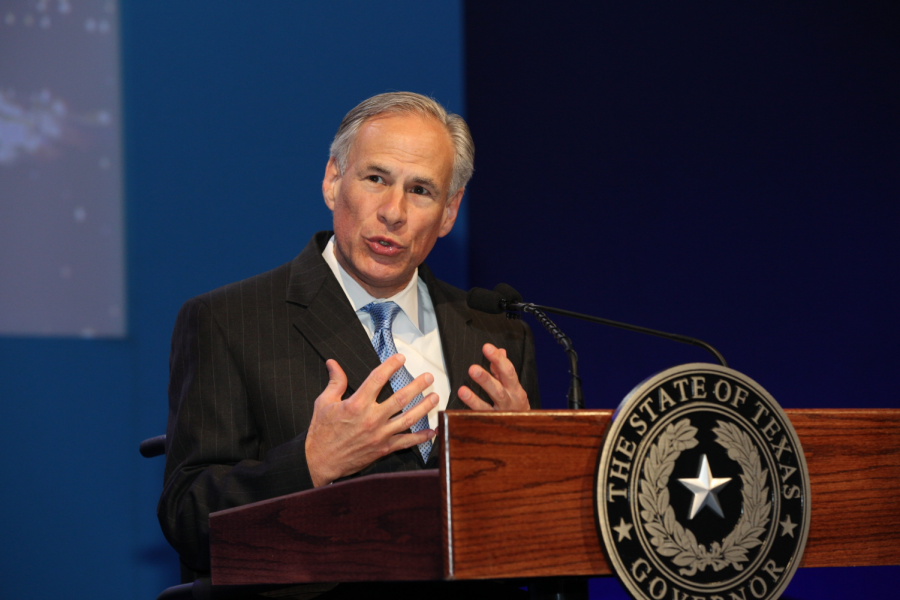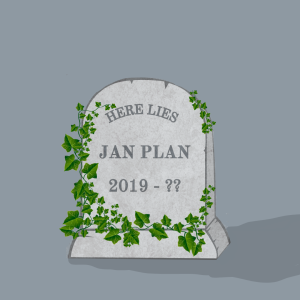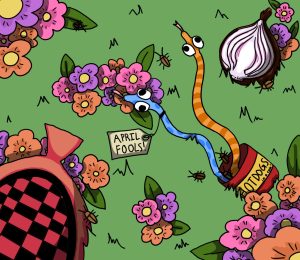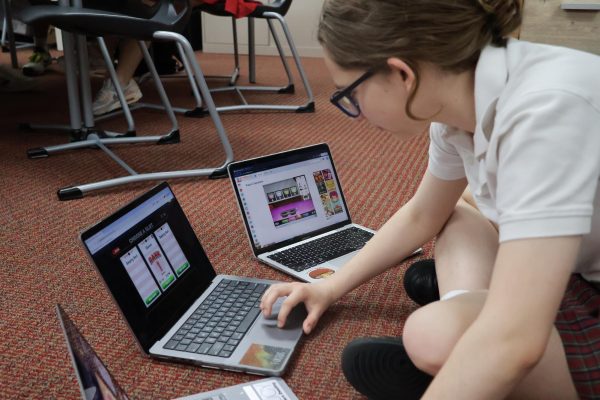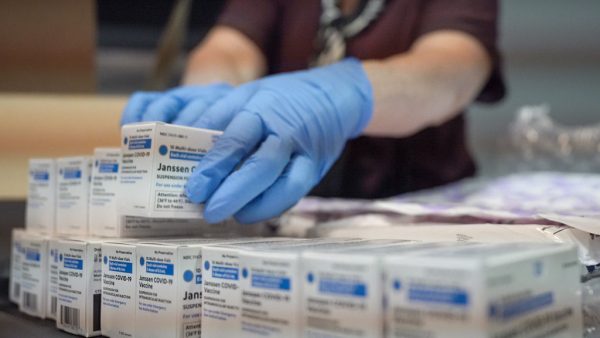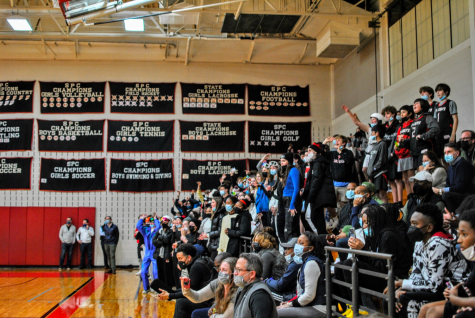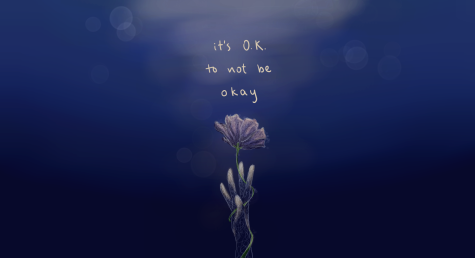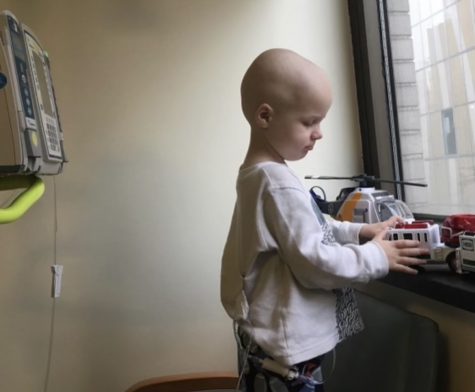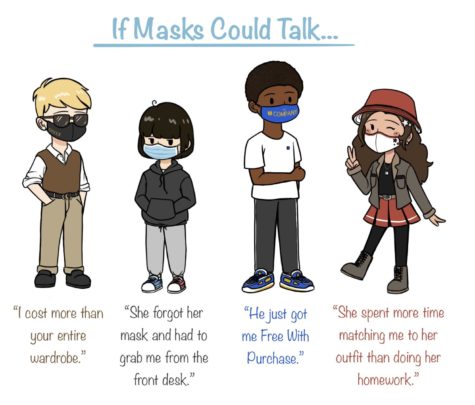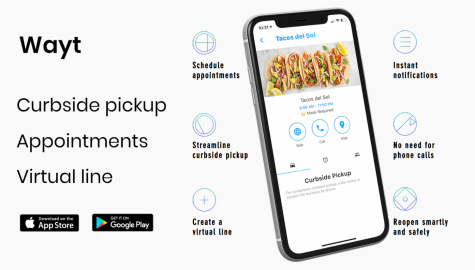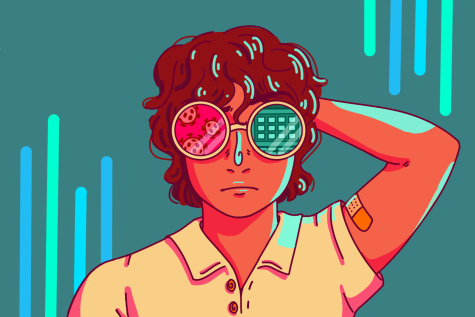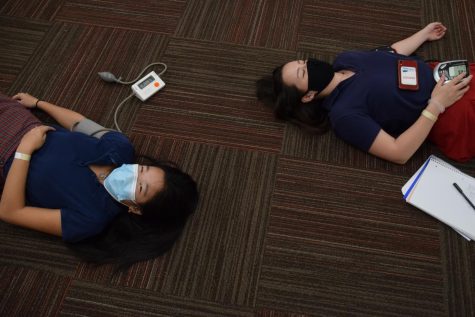Opinion: Why Texas should remain closed and extend stay-at-home orders
Texas Governor Greg Abbott announced plans to reopen Texas on May 1.
May 18, 2020
On May 1, Greg Abbott published the Governor’s Report to Open Texas, a plan for restaurants, retail stores, movie theaters and places of worship, among others, to once again become active. While this may seem like a cause for celebration, I would urge everyone to continue to restrict their activities to only what is completely essential and safe.
Reopening orders and decreased media coverage, as well as our ever-growing need to resume normal life after almost two months of quarantine, have come together to create a perfect storm which could result in a second wave of COVID-19. This could prolong the cancellation and restriction of meaningful and important activities, result in more deaths worldwide and exacerbate the economic crisis which has put millions out of work and on the brink of bankruptcy.
First of all, I’d like to address the way many people, myself included, are feeling. The last time we were physically at school was March 12. Since then, Zoom and Google Hangouts have replaced the classroom, video chats and phone calls have replaced hanging out with friends and professional Call of Duty is as close as we have to live sports. Although many people have made the best of it, this continued isolation isn’t sustainable. Humans are social animals, and spending day after day in the same environment with the same people while not being able to participate in many activities is not conducive to long-term well-being.
That’s why it felt like such a relief when we started to see light at the end of the tunnel. While newspaper and TV coverage felt like one big Coronavirus Feature during April, more mundane news has started to reestablish itself. In addition, many governors across the country, including Abbott, have let stay-at-home orders expire and replaced them with reopening plans. While some states such as New York have held firm to their commitment to public safety, others, notably Georgia, have loosened social distancing guidelines significantly.
These two trends, event scheduling and decreasing media coverage, can give the impression that the worst is behind us, that it’s just a matter of time until life can resume as normal. That’s not wrong—provided we continue to properly socially distance.
Although I am, of course, in no capacity a doctor or epidemiologist, this concern is shared by some of the most prominent experts in those fields. Director of the National Institute of Infectious Diseases and COVID-19 man-of-the-hour Anthony Fauci recently expressed his fear that too early of a reopening could “get us right back in the same boat that we were a few weeks ago,” and if that were the case, the United States would have to brace for “a bad fall and a bad winter.” We all want to get back to a semblance of normalcy as soon as possible. Ironically, the most effective way to bring this about is through continued delaying of gratification.
If the possibility of a crippling second wave seems like speculation, let’s explore historical data. Looking at the 1918 Spanish Flu, to which COVID-19 is frequently and rightly compared, the first wave killed about three to five million people, dwarfing the current COVID death toll of about 300 thousand. While that sounds bad, and it is, the second wave, initiated after quarantines were lifted, killed 20 to 50 million people! If the current situation seems bad, imagine it with 10 times as many infections and deaths. The healthcare system, already strained, would collapse. That is what’s at stake.
So, what can ordinary families and individuals do to help this effort and prevent a second wave? Mainly, they can continue the good efforts they’ve already started, only going out for essential tasks. Frankly, I believe that history will not be kind to early reopening efforts. Just because an activity is legal again doesn’t mean it’s safe. Even with the best of intentions, local and state governments can make mistakes.
With that in mind, I urge everyone not to attend movie theaters or dine in at restaurants unless totally necessary. As much as I want to watch “No Time to Die” and eat at Carabba’s, in the meantime Netflix and Domino’s are perfectly suitable alternatives. And I promise that letting your hair grow a bit longer won’t be as bad as you think—and you might discover a new style in the process.
By prematurely heading out, you’re not just endangering your own health—you’re making life harder for two groups: individuals working in-person and healthcare professionals. Although SJS students are fortunate to be able to learn remotely, the sheer number of jobs that can’t be done remotely—including cashiers, police officers, those in manufacturing and construction—has created a whole group of people who risk infection every day by just doing their job.
Unlike doctors, these people haven’t sworn an oath to dedicate their lives to public health and promise that they’ll do all that is necessary to combat this pandemic. They’re just workers who happen to have jobs that can’t be done virtually. These aren’t “heroes” valiantly sacrificing themselves for your right to buy a sweater; they’re individuals unfortunate enough to be employed in a field that requires their physical presence. They deserve to stay safe at home with their families as much as you or I or anyone, but the harsh economic pressures of our late-capitalist economic system has created conditions in which they must decide between staying safe and staying employed.
Prematurely engaging in non-essential activities would be a disservice, and frankly a disrespect, to the millions of doctors and healthcare professionals who have tirelessly dedicated themselves to fighting this virus. For months, they have spent long hours over many days and nights treating the seemingly endless flow of patients flooding hospitals across the world. Many have even taken extreme measures such as living apart from their family to avoid exposure. When this pandemic is over, they deserve the highest honor and recognition for their crucial work. In the meantime, we should honor their dedication and make their efforts and sacrifices worthwhile by not putting ourselves and other community members at risk.

